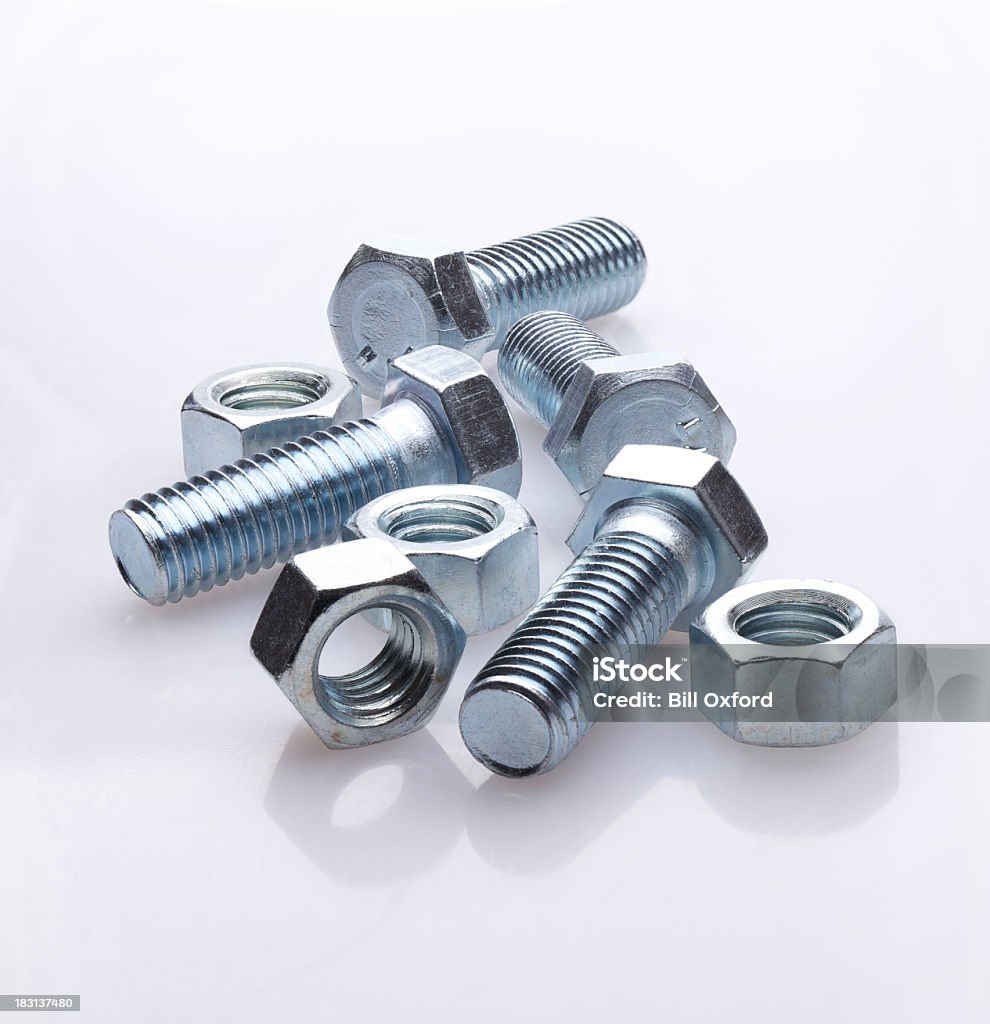Innovative Decorating Suggestions Incorporating Fasteners and Hardware

In the realm of creative decorating, numerous people overlook the potential of everyday items like nuts and bolts. These small, metallic fasteners can be transformed into distinct design elements that inject character and industrial charm into your home or workspace. Whether you are crafting new furniture, enhancing wall art, or creating bespoke organizers, the versatility of nuts and bolts can be leveraged to add a touch of artistry to your decorating projects.
In this article, we will discuss a variety of innovative ideas for incorporating nuts and bolts into your decor, navigating you through the fundamentals of these essential fasteners. From understanding the different types of nuts and bolts to recommendations for unique applications, our complete guide will help you release your creativity and showcase your personal style using these unassuming materials. So take your toolbox and prepare to transform simple hardware into breathtaking decorative features.
Categories and Uses of Nut Fasteners and Bolt Fasteners
Nuts and bolt fasteners are vital fasteners used in various applications, providing stability and durability to assemblies and construction. There are numerous common types of bolts including hex bolts, rounded head bolts, and lag fasteners. Hexagonal fasteners, characterized by their hexagonal heads, are multi-functional and ideal for use in a variety of applications, from construction to automotive repairs. Carriage bolts, with their rounded heads and flat shafts, are commonly used in carpentry, while heavy-duty bolts provide a secure grip for heavy-duty connections in timber.
Understanding the various types of nut fasteners is equally important. Regular nut fasteners are common and work in tandem with various bolt types, while nylon lock nuts offer added protection with a nylon insert that prevents displacement from shaking. Flange nuts have a built-in disc that spreads load, making them appropriate for softer materials. Each type of nut serves a specific purpose and contributes to the overall integrity of the assembly.
When selecting the appropriate fastener, consider the substances and coatings involved to enhance performance and longevity. For instance, corrosion-resistant steel fasteners are known for their durability and corrosion resistance, making them a superior choice for exterior projects. Meanwhile, zinc-coated bolts are cost-effective options that provide basic corrosion protection. By understanding the roles and varieties of nut fasteners and bolt fasteners, you can select the most suitable components for your projects, ensuring strength and security in your constructions.
Materials and Coatings for Fasteners
When choosing on the correct fasteners for your endeavor, the materials from which nuts and fastening components are made play a crucial role in their performance and durability. Steel is the most widespread material, offering good strength and durability. For increased resistance to rust, galvanized steel is treated with a protective zinc coating that helps in external applications. Meanwhile, stainless steel bolts provide outstanding corrosion resistance and are ideal for environments exposed to humidity or chemicals.
Brass is another favored material for fasteners, particularly for those requiring better conductivity in electrical applications. Its resistance to rust makes it appropriate for oceanic environments as well. Titanium, though higher in price, offers exceptional strength-to-weight ratios and is exceptionally resistant to corrosion, making it a favorite in aviation and high-performance applications.
Coatings also impact the nuts and bolts' performance, especially in harsh environments. Coatings like polyamide and synthetic materials can provide extra protection against abrasion and corrosion. Understanding the properties of different materials and their finishes ensures you choose the most fitting fasteners for your individual requirements, maximizing the sturdiness and reliability of your projects.
Specialty Fastening Solutions and Their Uses
Specialty fasteners are designed for specific uses where standard nuts and bolts may not suffice. One typical illustration is security nuts and screws, which are used in sensitive security installations to prevent unauthorized access. These fasteners often feature unique shapes or require specific tools for removal, rendering them perfect for securing outdoor equipment, public fixtures, and machinery.
Another notable category is nylon lock nuts, which provide extra security by incorporating a nylon insert that grips the bolt threads. This configuration helps to resist unraveling due to shaking, making them particularly important in automotive repairs and machinery where movement is frequent. They ensure tightness over time, guaranteeing safety and longevity in critical uses.
Additionally, foundation fasteners play a key role in foundation work and building support. https://nicolaisen-edwards.mdwrite.net/story-of-the-connector-a-deeper-look-at-securing-tech are embedded in concrete to hold structures or heavy equipment. The choice of anchor fasteners depends on the weight requirements and environmental conditions, with options including expansion fasteners, which provide optimal holding power in various uses. Grasping these unique fasteners helps in selecting the right component for each project, enhancing both security and efficiency.

